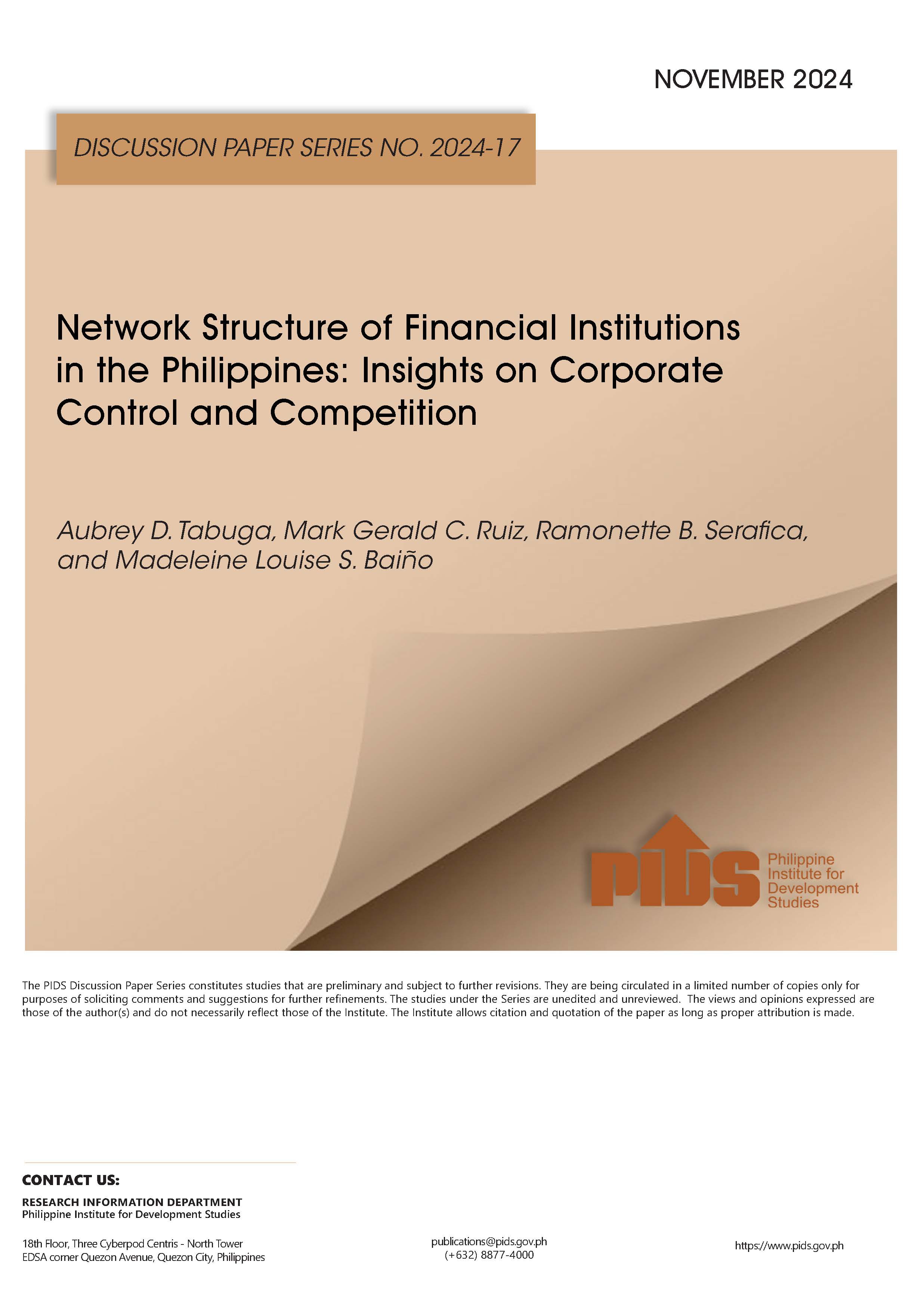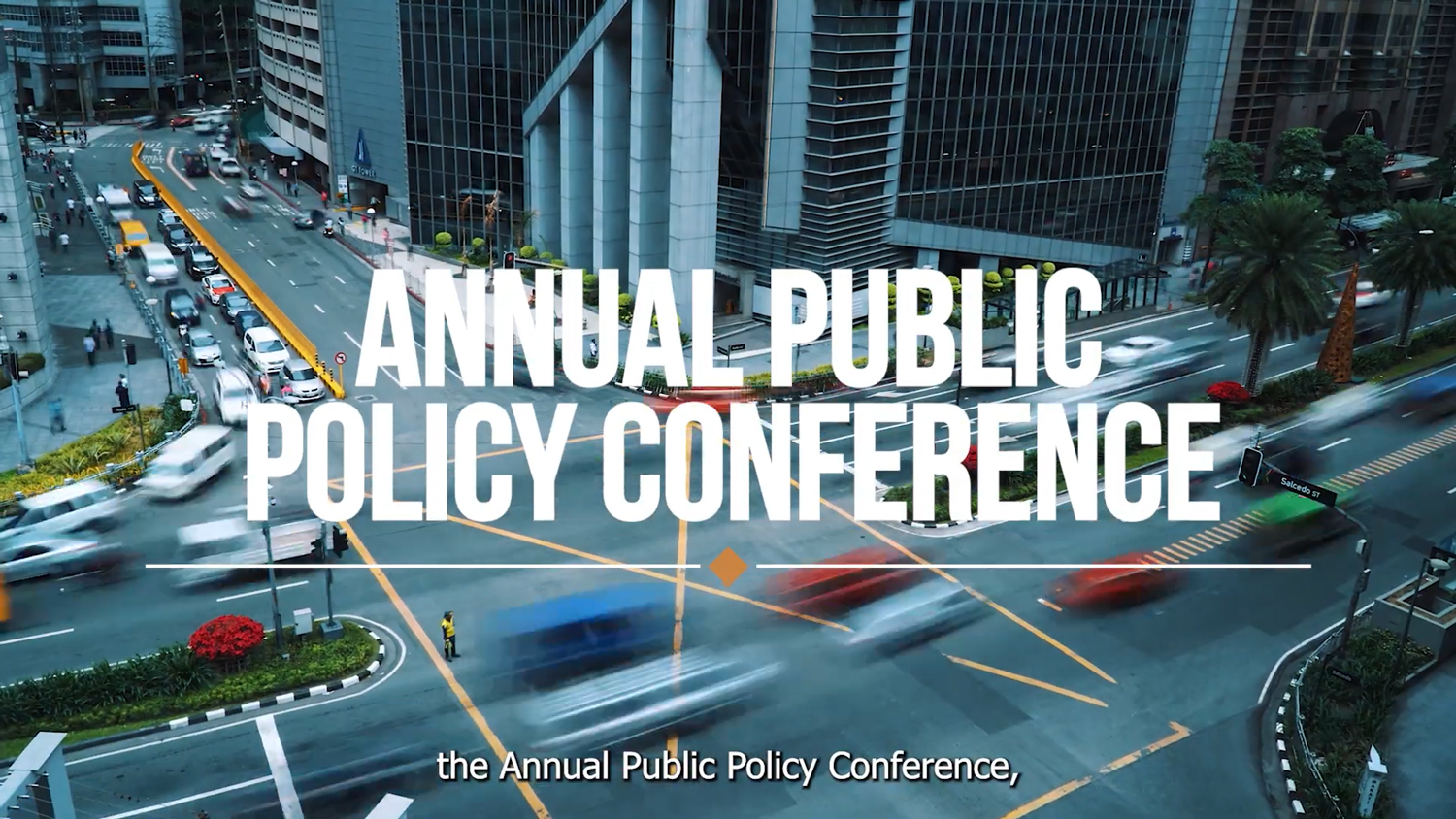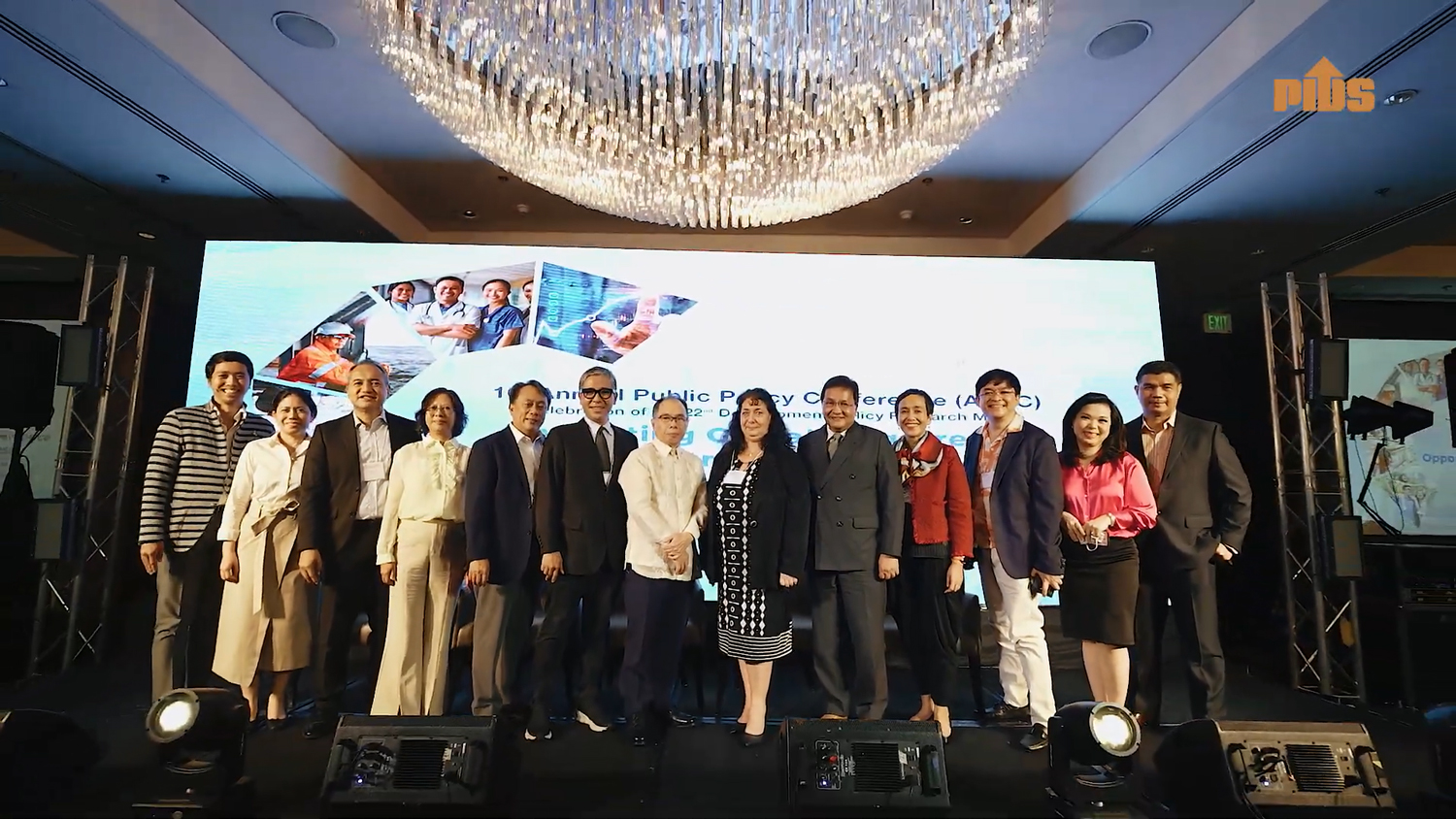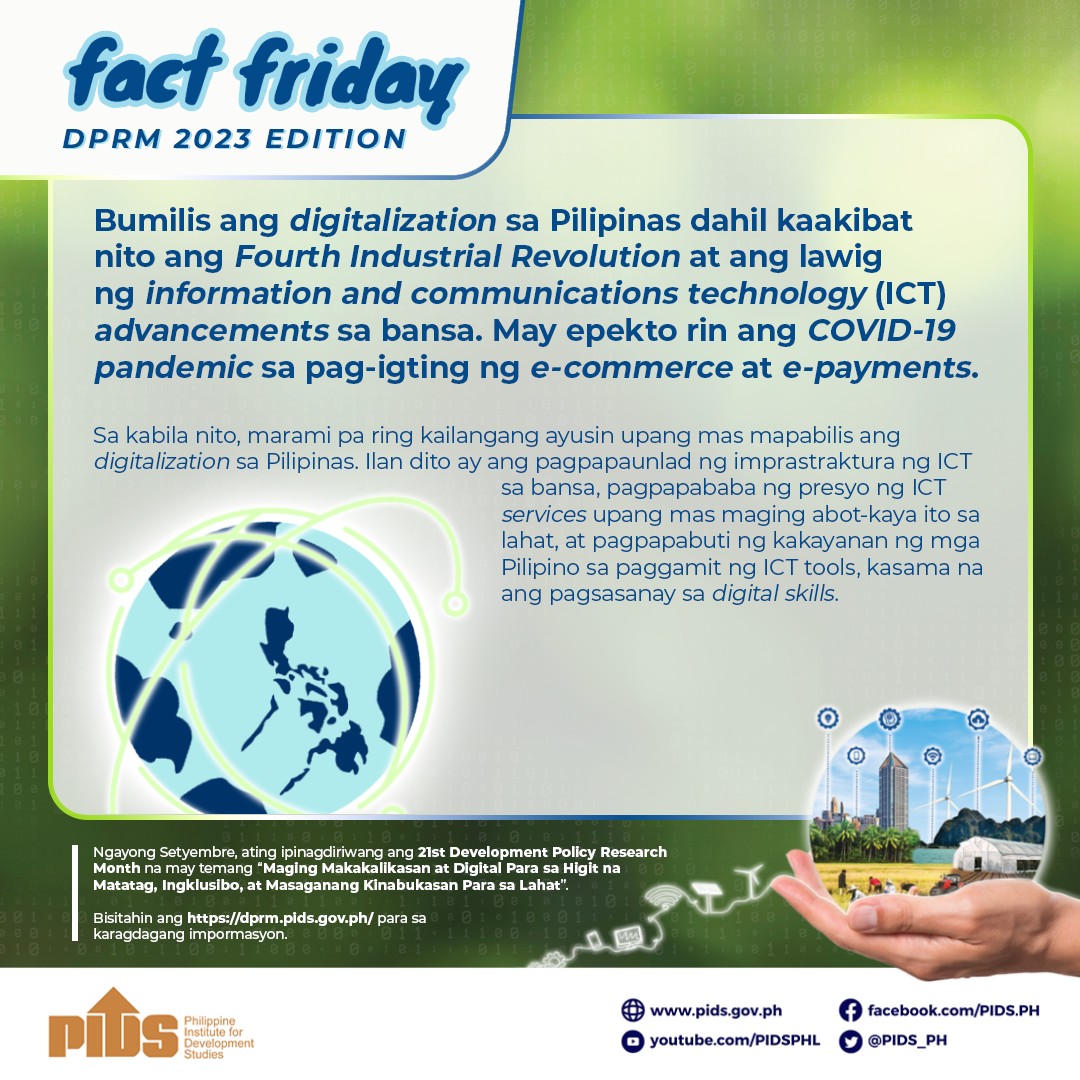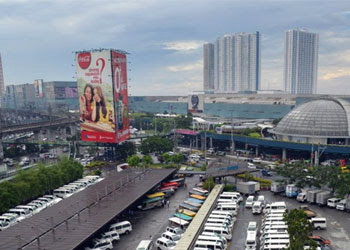
Competition is a touchy subject in the developing world. In the Philippines, the unvarnished truth is that there is hardly a culture of competition. Protectionist tendencies, often with political backing, are powerful enough to block the entry of other economic players-local or foreign. Even in the domestic market, there is a raft of anticompetitive practices that make it doubly harder for new entrants to penetrate retail channels. Regulatory capture exacerbates market failures so there is a need to improve the regulatory regime. This may be addressed by having a competition policy framework that has appropriate regulation as a subset.
Resistance to competition persists mainly because its benefits are not fully understood by stakeholders, in particular consumers and businesses. As PIDS Vice-President Rafaelita Aldaba notes, the Philippines has been left outside the league of East Asian successes due to lack of investments, which, in turn could be attributed to weak competition. Local players have shied away from making additional investments due to poor governance and regulatory mechanisms and other factors like inadequate infrastructure. A PIDS study has found evidence of moderately to highly widespread incidence of unfair trade practices, a clear reflection of anticompetitive behavior. Unfortunately, aggrieved parties are often hesitant to pursue legal remedies due to gaps in legal mechanisms. The area of consumer protection is where competition reforms could bear much fruit.
PIDS has long taken the lead in the advocacy for the enactment of comprehensive competition laws as well as the adoption of a national competition policy. In the early 2000s, it embarked on a research project under the Philippine APEC Study Center Network to study the state of competition and the reforms that have been undertaken in selected industries where competition appears to be crucial: manufacturing, cement, oil, telecommunications, air transport, and banking and insurance. Over the years, the Institute, through its trade specialists such as Senior Research Fellow Erlinda M. Medalla, has continued its policy research work on competition reforms.
Check out PIDS research on competition law and competition policy. Know more about the prevalence of unfair trade practices in the country, competition and infrastructure regulation, and the state of competition in the different economic sectors. Recently, PIDS was tapped to join the "Competition Reforms in Key Markets for Enhancing Social and Economic Welfare in Developing Countries" or CREW Project spearheaded by India's Consumer Union and Trust Society (CUTS) International, an undertaking that is expected to raise and sustain public support for much-needed competition reforms.
You may access these studies via the SocioEconomic Research Portal for the Philippines by simply typing 'competition policy' in the Search box.
Perceptions and Laws on Unfair Trade Practices in the Philippines
Unfair Trade Practices in the Philippines
Trade Liberalization and Trade Performance in Asia: 1974-2008
Interface Between Competition Policy and Infrastructure Regulation in the Philippines
State of Competition in the Wholesale and Retail Sector
Toward a National Competition Policy for the Philippines
Competition: What Is It All About? (First of two parts)
Competition Policy: Why Does It Matter? (Second of two parts)



